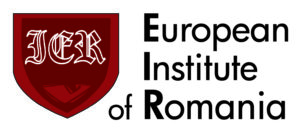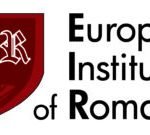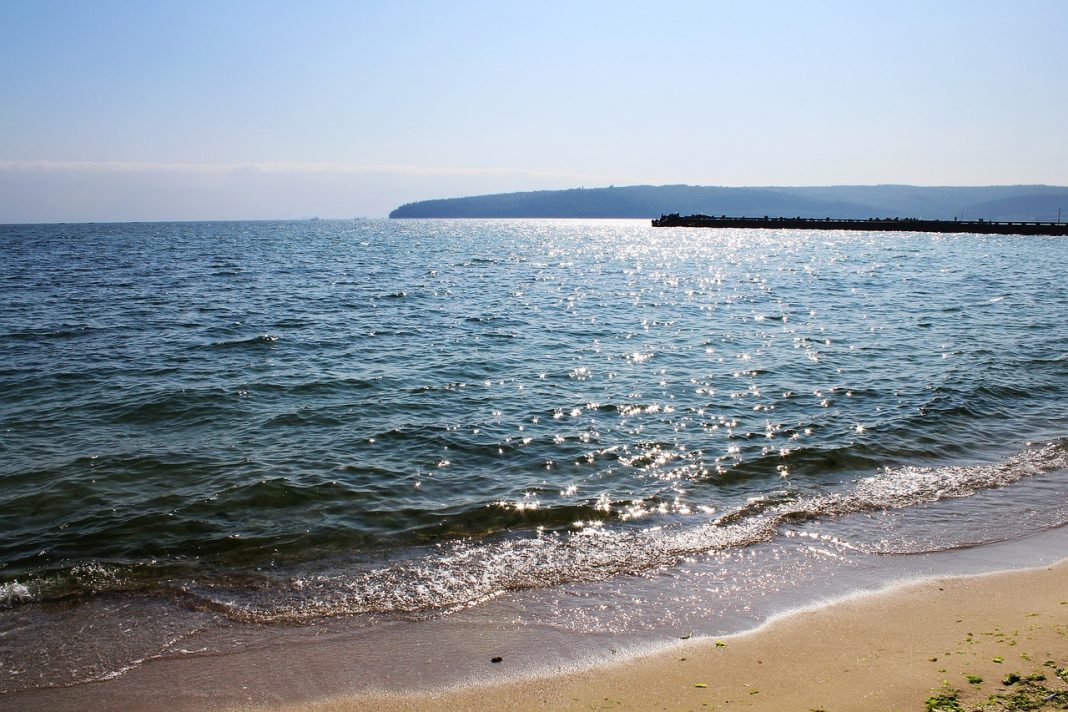The Black Sea Region has been providing a vital connection, especially between the states of South-East Europe and the rest of the world – the Eastern Mediterranean, the South Caucasus, the Middle East, and the Western Balkans, via sea and land routes since ancient times. However, after 2013 – and particularly after the illegal annexation of Crimea in 2014 – the Black Sea region has become increasingly unstable. As the war between Ukraine and the Russian Federation has intensified (we are now approaching its third year), the need for accurate policies, able to respond to the new challenges affecting the area, is mandatory. These well- informed policies will contribute to the stability and prosperity of the region and, at the same time, will maintain the European security. Today, the Black Sea continues to have a lot to provide to humanity, and can provide various opportunities for the riparian and regional states. Additionally, the potential deepening of the trade links between different actors will facilitate the access to different resources. Its economic resources – like natural gas – that may step up Europe’s energy independence, and the transition to renewable resources for many states, by supporting the green energy corridor can become more valuable with support from a network of partners. However, this would only be possible through a continued deepening of the cooperation first among all the riparian states, and then in the larger European and global contexts. One example of regional cooperation is the Three Seas Initiative which involves 13 participating states bordering the Baltic, Black, and Adriatic seas.
EIR Project Coordinators: Oana-Mihaela Mocanu, Director General of the European Institute of Romania; Mihai Sebe, Head of Unit, European Affairs Department, European Institute of Romania.
Editors: Mihaela-Adriana Pădureanu, Expert IA, Associate Editor RJEA; Iulian Oneașcă, Expert, European Institute of Romania.
These papers are available on the European Institute of Romania website.



